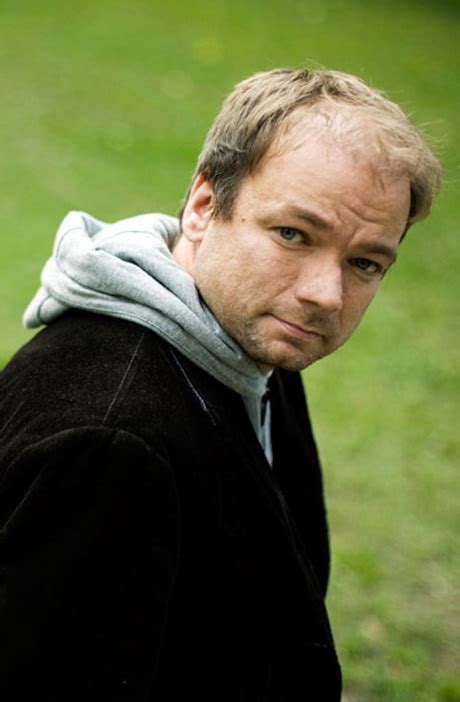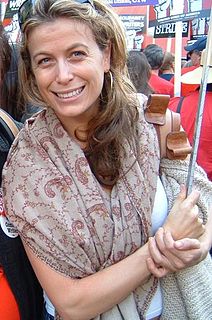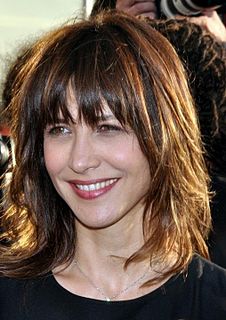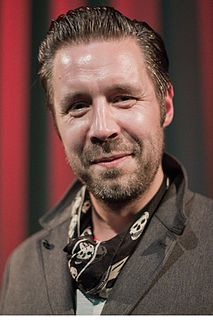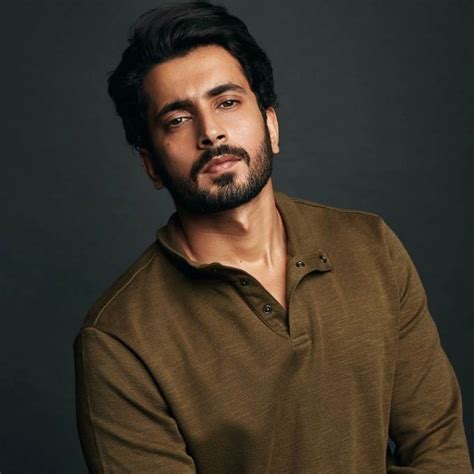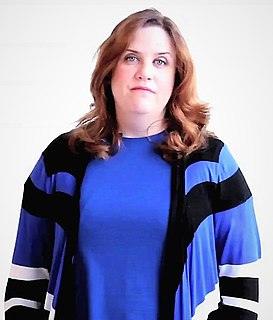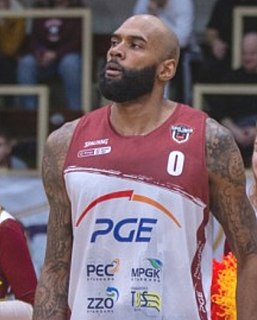A Quote by Andre Øvredal
I want to cast correctly, and then I want them to live on screen. If I cast the wrong actor, I'm screwed. But, if I cast the right actor, it really works out. The casting process is so important.
Related Quotes
When you have to cast movies from a producer's standpoint - when you've been on the other side of casting sessions - you just get a completely different perspective on what that process is of getting a job for an actor. You realize how completely impersonal it is. If anything, I think it's made me a lot less sensitive. So much of this is logic and business, and it's got nothing to do with whether people are good or not. Unfortunately, I think that's one of the last things that gets factored in when you're assembling a cast.
Studios might cast an actor because he is too tall next to the leading lady, who is too short, or they might not cast your guy because he's blond, and they wanted a brunette. There's all kinds of reasons why they want one person over another. I don't worry about it, but it can hurt sometimes if you really wanted something, if you really went after something.
Producers might cast an actor because he is too tall next to the leading lady, who is too short, or they might not cast your guy because he's blond, and they wanted a brunette. There's all kinds of reasons why they want one person over another. I don't worry about it, but it can hurt sometimes if you really wanted something, if you really went after something.
I also think the more experienced you get as an actor, you start to hear the conversations about why people get cast and not cast, sometimes it's so arbitrary. They decided the moment you walked in the door. And there's nothing you could have done to sway them, even if you'd the greatest performance of all time.
